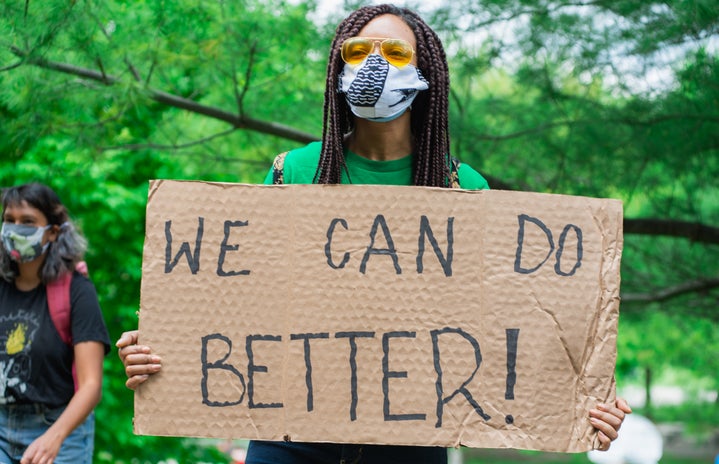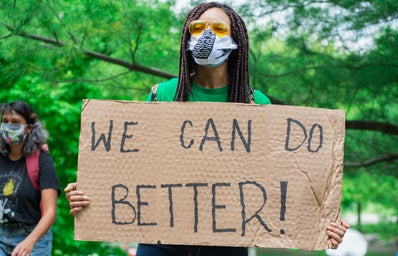Climate activism and protests have been a relevant and divisive topic since climate research began being published, describing the detrimental effects that humans are having on our planet. In recent years, organisations such as Just Stop Oil and Extinction Rebellion have captured public interest and repetitive debates have continued regarding the efficiency of such groups, including whether or not public opinion of these groups matters in achieving their goals.
Climate activism often involves civil disobedience demonstrations that cause a public nuisance in order to gain the attention and media coverage necessary. This can naturally alienate a lot of people, including those that aren’t even climate deniers. So why do these measures need to be so drastic?
The main argument is that despite the temporary inconvenience caused, climate breakdown will cause much worse issues to everyone on this planet. Protesters aren’t necessarily trying to win the public over, after all activism isn’t a competition; they have a common focus of sending a message to the government that policies need to be changed and actions need to be taken. They are refusing to act in a performative way that offends no one and they recognise that sometimes the best way to do this is to annoy a lot of people so that they get noticed. Just Stop Oil for example want the government to halt all new oil and gas projects. In a country where the energy crisis is on everyone’s mind, it’s hard not to see that they have a strong point.
New tactics have been employed in recent weeks, headlines were made recently when Just Stop Oil protesters threw soup on a Van Gogh painting, a controversial action that confused many people. These stories are enough to antagonise the group to many people and garner them an unsavoury reputation within many media outlets. Sure, it got the attention they wanted, but it seemed to many people to be a random choice, completely separate from any governmental target. Does this delay their cause? Does public opinion matter?
Social change doesn’t happen by accident. The Suffragettes were viewed in similar ways by a lot of people due to their drastic actions, even other women who supported their ultimate goal. It’s a tricky line to tread and not a black and white issue. Unfortunately for current climate activist groups, public opinion being negative means the government can get away with passing new rules such as this year’s Police, Crime, Sentencing and Courts Act which meant activists could be arrested before they’d even done any protesting.
It’s unlikely that a climate-aware person would look at the actions of Extinction Rebellion and therefore stop believing the science behind climate change, but it is entirely possible that they would stop caring and never want to involve themselves with such a group. There is strength in numbers and unfortunately many people will be deterred against taking direct action.
But what is the alternative? Do nothing? Many people turn to individual actions such as reducing their waste, boycotting certain companies, and becoming vegan to reduce eco-anxiety and make a difference. But in a world where government policies and massive corporations are the cause of the majority of climate problems, it is easy to see why activists believe this is not enough. Should we all be out in the streets, refusing to work or move until something changes?
As with all things, balance is necessary. It is important to not take the weight of the world on our own shoulders and recognising that ultimately governments are complicit in letting climate injustices happen. With this in mind it is easier to understand these groups and why they engage in such drastic actions.

